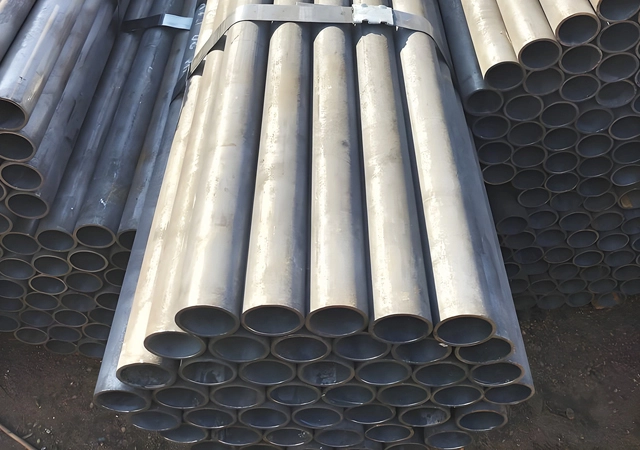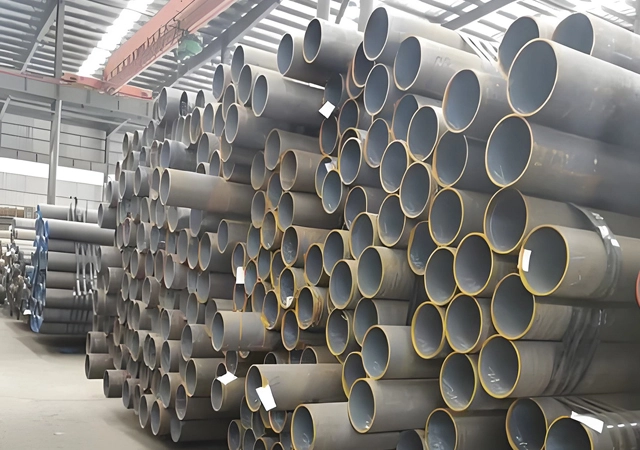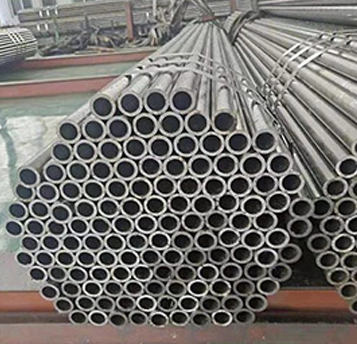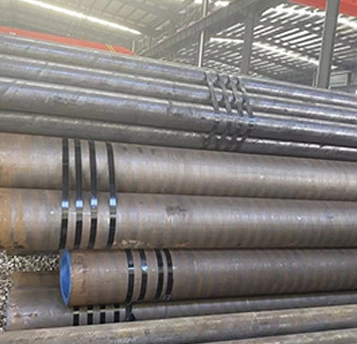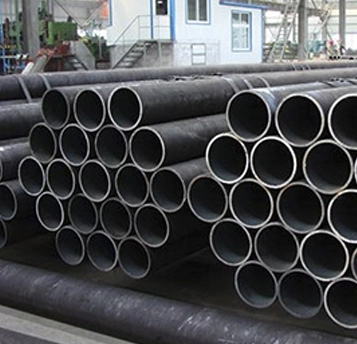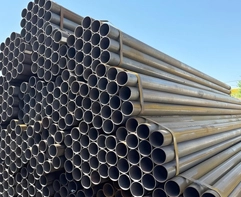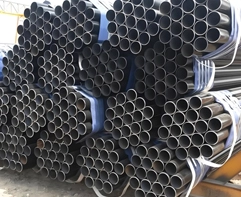Petroleum cracking pipe is a type of steel pipe specifically designed for use in the petroleum refining process, where it plays a crucial role in transporting and processing hydrocarbons under high-temperature and high-pressure conditions. These pipes are engineered to withstand the extreme environments encountered in processes such as petroleum cracking, catalytic reforming, and steam cracking.
They are typically made from high-quality carbon steel, stainless steel, or alloy steel, which provides the necessary strength, corrosion resistance, and thermal stability. The materials used to manufacture these pipes include grades such as 10, 20, 15CrMo, 12CrMo, and 1Cr5Mo. The execution standards for petroleum cracking pipes include GB 9948-2013 and API SPEC 5L-2013.
1. Petroleum Refining
Fluid Catalytic Cracking (FCC) Units: Used in the reactor and regenerator sections of FCC units, where heavy petroleum fractions are broken down into lighter, more valuable products like gasoline and diesel.
Delayed Coking Units: Employed in the coking furnace, where residual oil is thermally cracked into lighter hydrocarbons and petroleum coke.
Hydrocracking Units: Used in reactors and heat exchangers where high-pressure hydrogen is used to crack heavy hydrocarbons into lighter fractions.
2. Petrochemical Industry
Ethylene Cracking Furnaces: Used as radiant tubes and convection tubes in ethylene cracking furnaces, where hydrocarbons are thermally cracked to produce ethylene, propylene, and other olefins.
Steam Cracking Units: Utilized in high-temperature steam cracking processes to produce base chemicals like ethylene and propylene from naphtha or other feedstocks.
3. Heat Exchangers and Boilers
Heat Exchangers: Used in heat exchangers to transfer heat between process streams in refineries and petrochemical plants.
Boiler Tubes: Employed in boilers to withstand high temperatures and pressures while transferring heat efficiently.

 EN
EN
